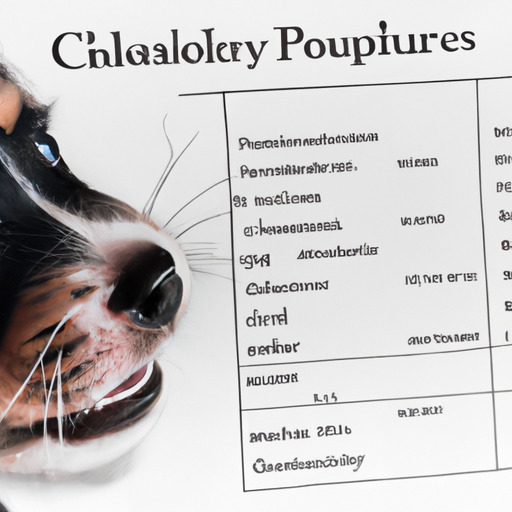Introduction
If you’re a proud puppy parent, you’re likely to be familiar with the phase where your little canine friend starts to lose their baby teeth. It’s a natural process akin to human children losing their milk teeth. This article will guide you in understanding which teeth puppies lose and how to manage this phase effectively.
Understanding Puppy Teeth
Just like humans, puppies are born toothless. Their deciduous or ‘baby’ teeth start emerging when they are about 2-3 weeks old. A typical puppy has around 28 baby teeth which include:
- 12 Incisors
- 4 Canines
- 12 Premolars
These teeth are small, sharp, and serve the purpose of helping the puppy learn to eat solid food and playfully bite and nip.
Which Teeth do Puppies Lose
When your adorable furball reaches the age of around 4-6 months, they start losing their baby teeth to make way for adult ones. This is the order in which puppies generally lose their teeth:
-
Incisors: These are the small teeth at the front of the mouth. Puppies start losing these teeth around 3-4 months of age.
-
Canines: These are the sharp ‘fangs’ used for tearing food. These are generally lost between 4-6 months.
-
Premolars: These are the teeth located at the back of the mouth, used for grinding food. They are usually the last to go, around 5-6 months of age.
Note: This is a general guideline. Every puppy is unique and might not follow this order exactly.
Signs That Your Puppy Is Teething
Here are a few signs that your puppy might be teething:
- Increased chewing
- Bleeding gums
- Missing teeth
- Change in eating habits
Managing the Teething Phase
Teething can be a challenging time for your puppy. Here are some tips to help you manage this phase:
-
Provide Chew Toys: These can provide relief to their sore gums.
-
Avoid Hard Toys: These can damage their new adult teeth.
-
Frozen Treats: These can help numb their gums and provide relief.
-
Regular Vet Check-ups: Regular check-ups can help ensure that adult teeth are coming in properly.
Adult Dog Teeth
Your puppy will have 42 adult teeth once they’re done teething. These include:
- 12 Incisors
- 4 Canines
- 16 Premolars
- 10 Molars
You can expect your puppy to have their full set of adult teeth by the time they’re 6-7 months old.
Caring for Your Puppy’s Adult Teeth
After teething, it’s important to care for your puppy’s adult teeth. Here are some tips:
- Regular brushing with dog-friendly toothpaste
- Provide a balanced diet
- Regular dental check-ups
Frequently Asked Questions
When do puppies lose their teeth?
Puppies generally start losing their teeth at around 4-6 months of age.
Do puppies swallow their fallen out teeth?
Yes, it’s common for puppies to swallow their baby teeth, especially since they often fall out during mealtime. It’s not usually a cause for concern.
What should I do if my puppy’s teeth don’t fall out?
If your puppy’s baby teeth haven’t fallen out by 6-7 months, it’s best to consult a vet. They may need to be extracted to prevent dental problems.
How can I help my teething puppy?
Providing chew toys, frozen treats, and maintaining regular vet check-ups can greatly help your teething puppy.
By understanding and effectively managing the teething phase, you can ensure your puppy matures into a dog with a healthy and strong set of teeth.



